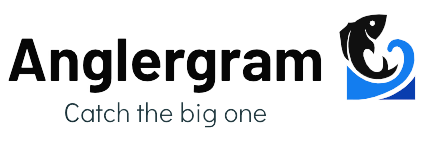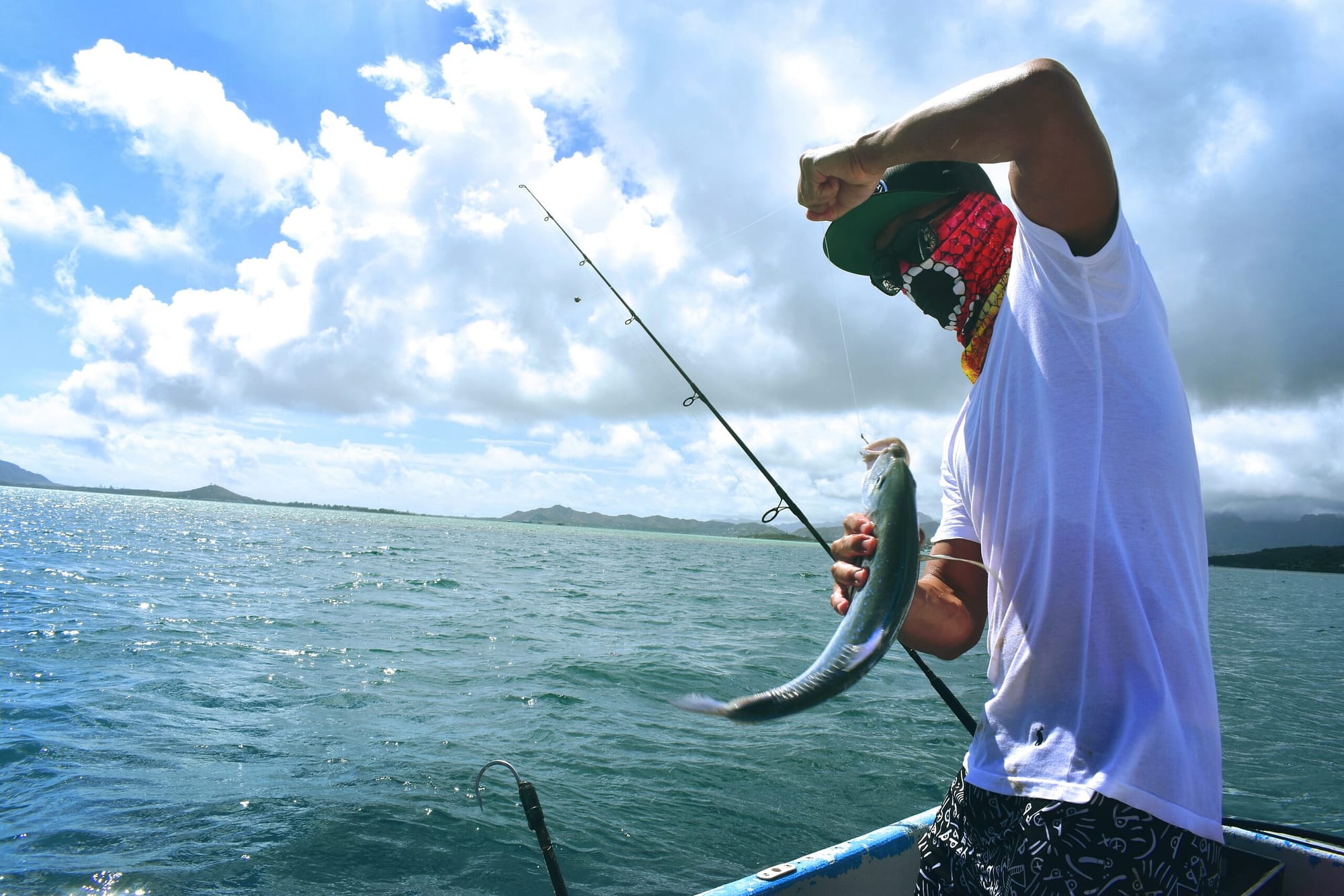Fishing is an activity that has been enjoyed by people all over the world for thousands of years. It’s a great way to connect with nature, spend time with friends and family, and of course, catch some fish. There are two main types of fishing: freshwater and saltwater fishing.
Freshwater fishing is the act of fishing in bodies of water that have a low salt concentration, such as rivers, lakes, and ponds. These bodies of water are typically found on land, and they may be natural or man-made. Freshwater fishing is a popular pastime all around the world, and it’s a great way to catch a variety of fish species.
Saltwater fishing, on the other hand, is the act of fishing in bodies of water that have a high salt concentration, such as oceans, seas, and bays. Saltwater fishing can be done from shore or from a boat, and it’s a popular activity for both recreational and commercial fishermen. Saltwater fishing is often considered more challenging than freshwater fishing, as the species of fish found in saltwater are typically larger and more powerful.
There are several key differences between freshwater and saltwater fishing. First, the types of fish you can catch are different. Freshwater fish species include trout, bass, catfish, and crappie, among others. Saltwater fish species include tuna, marlin, swordfish, and shark, among others. The equipment used in freshwater fishing is typically smaller and lighter, while saltwater fishing requires heavier, more durable gear.
Another difference between freshwater and saltwater fishing is the environment. Freshwater fishing takes place in calm, relatively still bodies of water, while saltwater fishing takes place in open seas and oceans that can be unpredictable and dangerous. The techniques used in each type of fishing also differ, with freshwater fishing often relying on casting and retrieving, while saltwater fishing may involve trolling, jigging, or chumming.
Both freshwater and saltwater fishing have their own unique benefits and challenges. Freshwater fishing is often more accessible and less expensive, and it can be a great way to catch a variety of fish species. Saltwater fishing, on the other hand, offers the opportunity to catch larger and more challenging game fish, as well as the chance to fish in some of the most beautiful and remote locations in the world.
In conclusion, whether you prefer freshwater or saltwater fishing, there are plenty of opportunities to enjoy this timeless activity. Whether you’re a beginner or an experienced angler, there’s always something new to learn and discover about the art of fishing. So grab your gear, head out to your favorite fishing spot, and see what kind of adventure awaits you on the water.
Advantages and Disadvantages of Freshwater Fishing:
Advantages:
- Freshwater fishing is often more accessible than saltwater fishing because freshwater lakes, ponds, and rivers are found in most parts of the world.
- Freshwater fishing can be less expensive than saltwater fishing because you don’t need a boat or special equipment in many cases.
- Freshwater fish, such as trout and bass, are often considered more delicious than saltwater fish.
Disadvantages:
- Freshwater fish are generally smaller than saltwater fish, which means that you may not get as much of a challenge or excitement while fishing.
- Freshwater fishing can be impacted by weather conditions more than saltwater fishing because many freshwater species are sensitive to temperature and water quality changes.
- Freshwater fishing locations can become crowded during peak seasons, making it difficult to find a quiet spot to fish.
How to Catch Fish in Freshwater:
- Choose the right bait: Different types of freshwater fish prefer different types of bait, so make sure you have the right bait for the species you are trying to catch.
- Find the right location: Freshwater fish are often found in areas with structure, such as weed beds or drop-offs. Look for these areas and cast your line nearby.
- Use the right equipment: Use a fishing rod that is appropriate for the species you are targeting, and make sure your line is strong enough to handle the fish you hope to catch.
- Be patient: Fishing requires patience, so don’t give up too quickly. It may take some time to catch the fish you’re after, so enjoy the experience of being out on the water.
Advantages and Disadvantages of Saltwater Fishing:
Advantages:
- Saltwater fishing offers a wider variety of fish species to catch, including larger and more challenging game fish.
- Saltwater fishing can offer a more exciting experience due to the size and strength of some of the species you can catch.
- Saltwater fishing locations can be very beautiful, offering stunning views of the ocean and the coastline.
Disadvantages:
- Saltwater fishing can be more expensive than freshwater fishing due to the cost of boats and equipment required.
- Saltwater fishing can be more dangerous than freshwater fishing, especially in rough weather or when fishing from a boat.
- Saltwater fishing requires more specialized knowledge and equipment than freshwater fishing, which can be a barrier for beginners.
How to Catch Fish in Saltwater:
- Use the right bait: Saltwater fish prefer different types of bait, so choose a bait that is appropriate for the species you are targeting.
- Find the right location: Saltwater fish are often found near underwater structures such as reefs, rocks, and channels. Use a fishfinder to locate these areas and fish near them.
- Use the right equipment: Use a fishing rod that is appropriate for the species you are targeting, and make sure your line is strong enough to handle the fish you hope to catch.
- Be prepared: Saltwater fishing can be unpredictable, so make sure you have the right safety equipment and are prepared for changes in weather or sea conditions.




